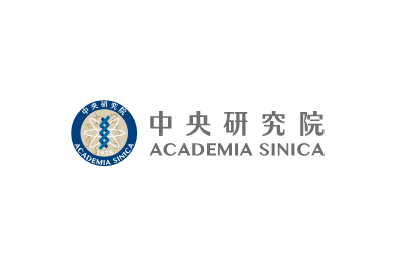- 演講或講座
- 物理研究所
- 地點
物理所4樓P4H會議室
- 演講人姓名
Dr. Pannuru Venkatesu (Department of Chemistry, University of Delhi)
- 活動狀態
確定
- 活動網址
【摘要】
Surface modification of metallic nanoparticles (NPs) by stimuli responsive polymers (SRPs) is a benign method to prepare smart colloidal composites which tunes the characteristic properties of individual systems. The temperature dependent transition of diblock copolymer poly(N-isopropylacrylamide)-block-poly(N-vinylcaprolactam) (PNIPMA-b-PVCL) synthesized using reversible addition-fragmentation chain transfer (RAFT) polymerization and was studied by incorporating anisotropic gold nanoparticles (AGPs) such as spheres (AuNSs), rods (AuNRs), cubes (AuNCs) and rhombic dodecahedrals (AuRDs). Shape dependent physiochemical properties of nanostructures alter the lower critical solution temperature (LCST) of chemical inhomogeneous diblock copolymer. Heterogeneous nucleation of AuNPs was facilitated by seed mediated synthesis for incorporating uniformity. In the mixed system, presence of PNIPAM-b-PVCL modifies the surface of AGPs through physisorption which is supported by transmission electron microscopy (TEM) and field emission scanning electron microscopy (FESEM) showing the nanoparticles embedding in the polymeric matrix. Steady state fluorescence spectroscopy and Fourier transform infrared spectroscopy (FTIR) were performed to examine the interactions between AGPs and PNIPAM-b-PVCL. Formation of smart polymer nanocomposite alters the physiochemical properties of diblock copolymer as demonstrated from the variation of LCST in dynamic light scattering (DLS) measurement. Henceforth, functionalizing the surfaces of AGPs with thermoresponsive diblock copolymer provides combinatorial benefits in properties of smart polymeric colloidal systems with potential application in bioimaging, and surface enhanced Raman Scattering (SERS).

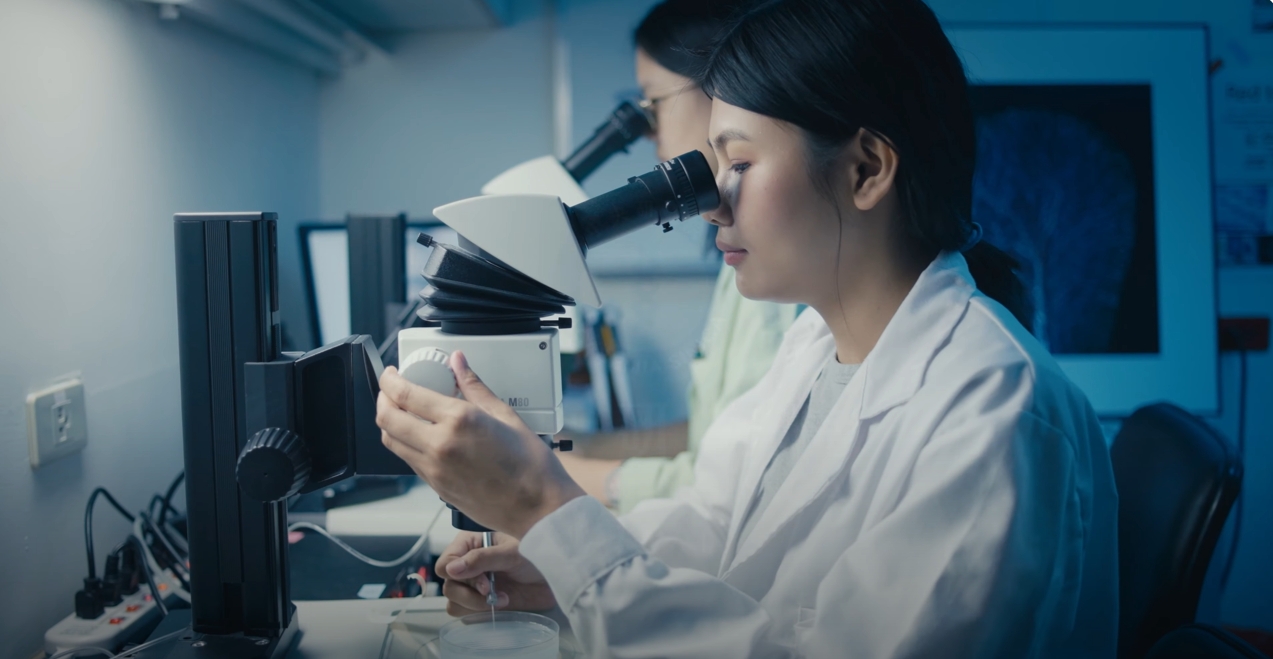
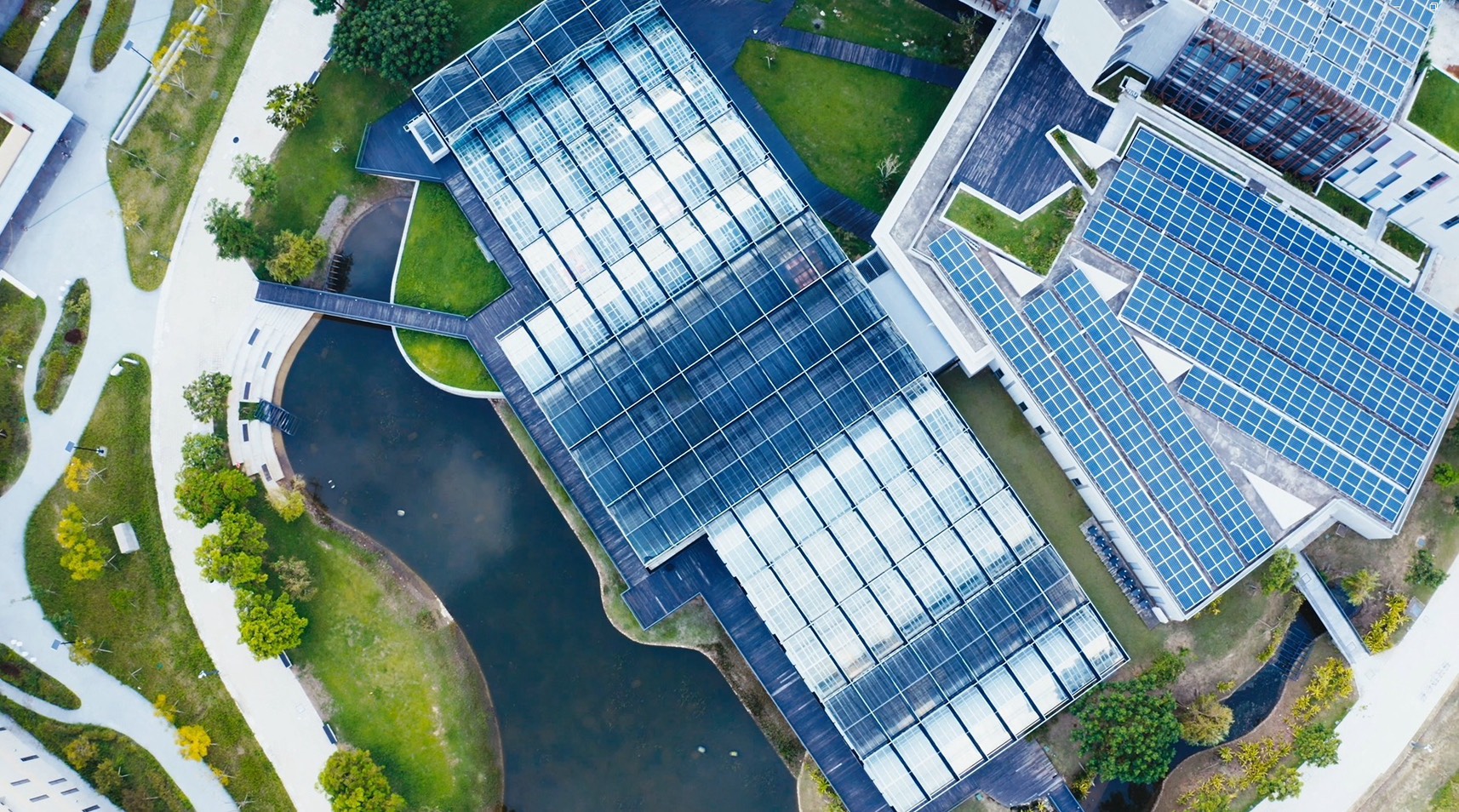
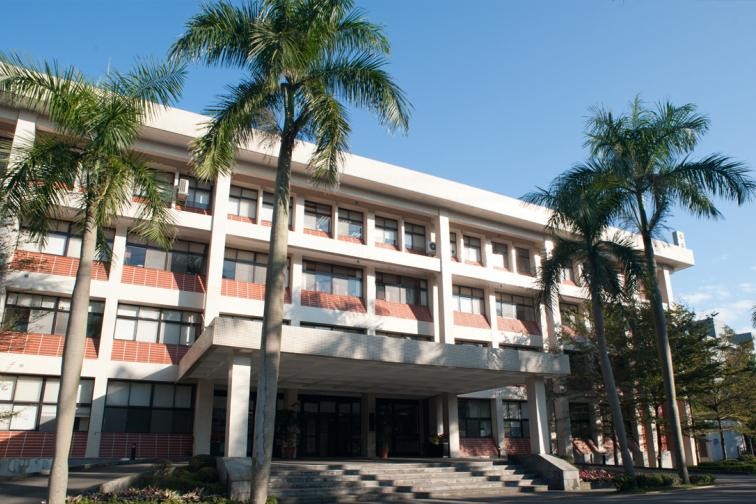
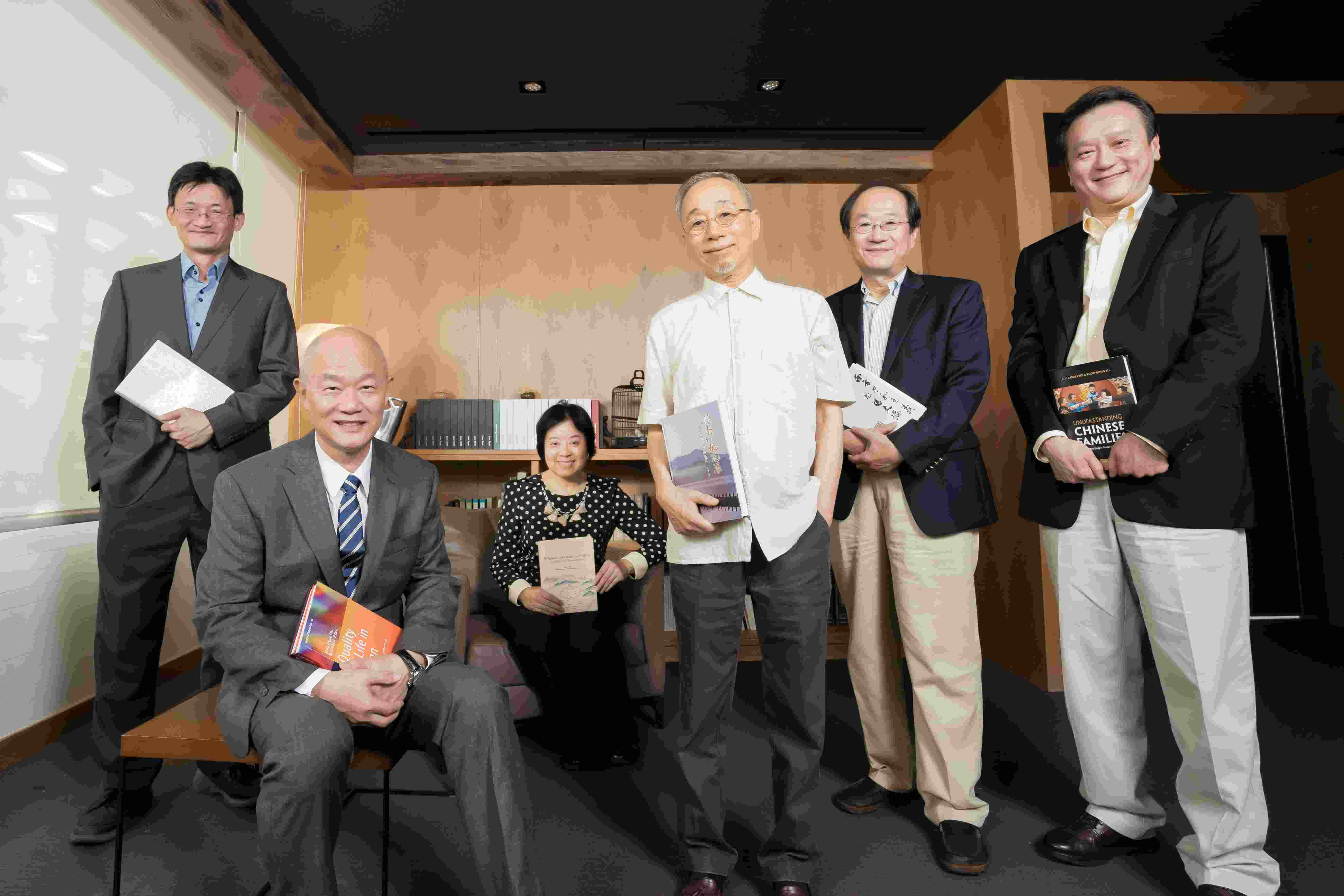




 首頁
首頁